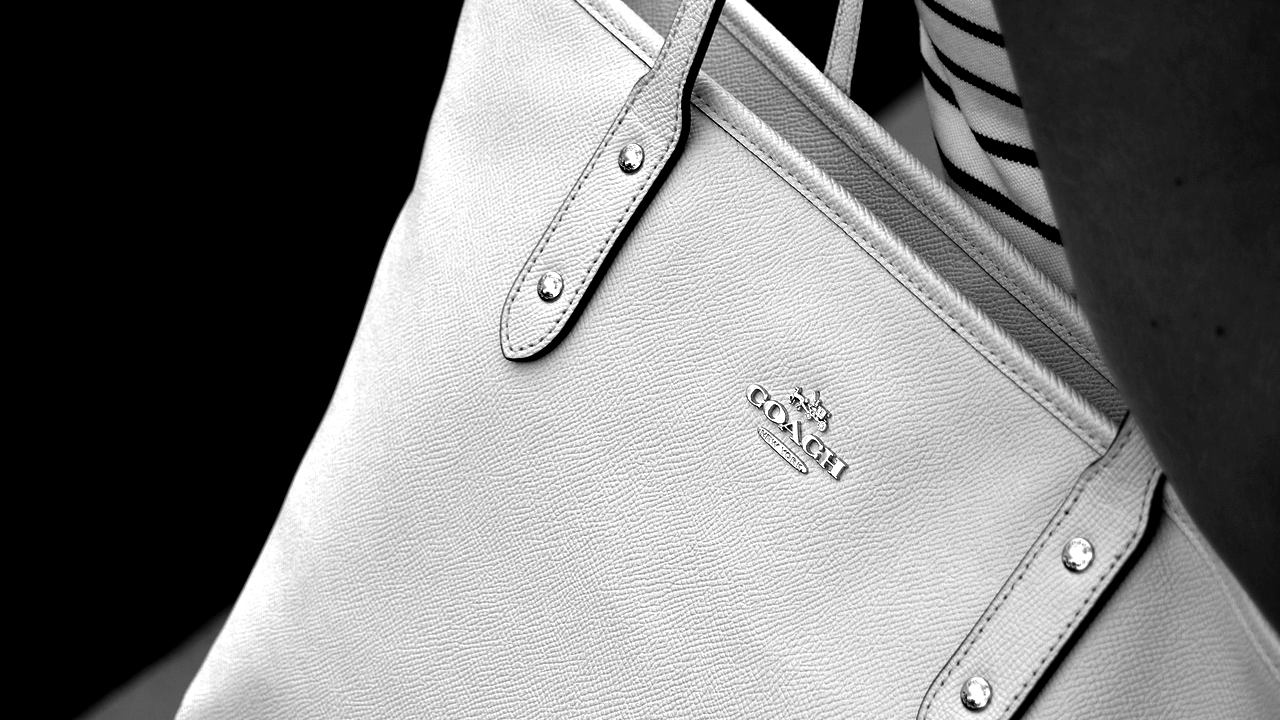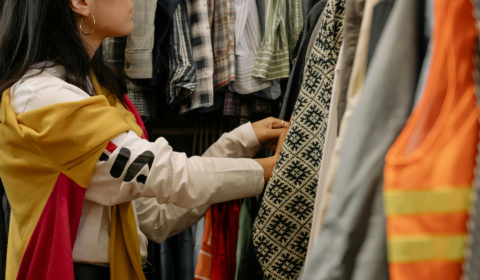The brand is facing allegations that it slashes defective in-store returns before throwing them away, refuting its self-proclaimed commitment to a circular fashion economy.
Scrolling through TikTok this week, you might’ve come across @thetrashwalker’s now-viral video accusing luxury design house Coach of ordering employers to ‘deliberately slash’ unwanted yet perfectly reusable handbags ‘so nobody else can have them.’
According to Anna Sacks, the environmental activist behind the alarming discovery and one using her platform to raise awareness about excessive waste in New York City, each product had been intentionally ruined in adherence with the company’s policy.
A surprising contradiction indeed to Coach’s self-proclaimed commitment to a circular fashion economy, but an unfortunately common practice across the industry at large.
In 2018, Burberry was made to address backlash surrounding reports it had destroyed merchandise worth almost $40 million as part of its strategy to preserve the exclusivity of its goods.
Three years later and the issue evidently prevails, regardless of fashion’s rude awakening that it accounts for around 10% of greenhouse gas emissions and is consequently a major contributor to our current climate crisis.
‘It’s way bigger than Coach, they’re the current company that is receiving the negative publicity, but it’s so widespread,’ Sacks told Vogue in an interview, acknowledging that although it’s impossible to fix the problem without confronting the root cause of overproduction fuelled by brands’ need to report uninterrupted sales growth, it’s certainly worth starting somewhere.

Though one would assume with COP26 on the horizon and renewed pressure from August’s IPCC report that such eco-unfriendliness would be a thing of the past, these recent findings suggest otherwise and remind us that greenwashing is concerningly still rife among brands.
‘Don’t ditch it, repair it,’ hypocritically reads the section of Coach’s website pledging its responsibility to the planet, alongside a proclamation of its status as one of the Most Sustainable Companies in America.
‘It’s another small thing we can do to keep bags out of landfill and reduce our environmental impact. Not only this, but we believe better made things create a better future for all.’




















